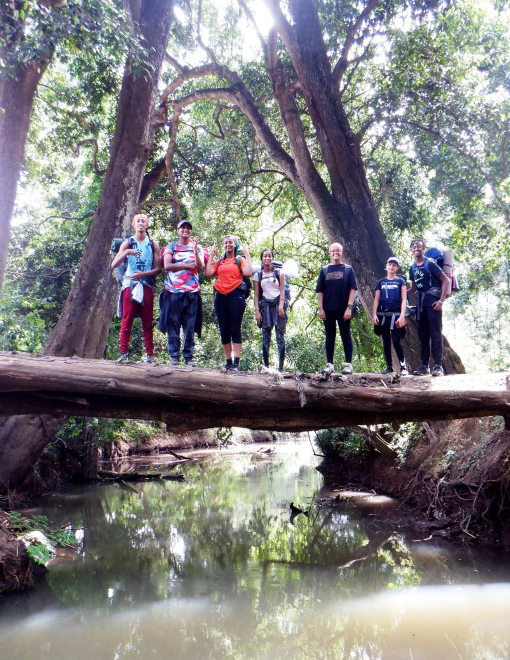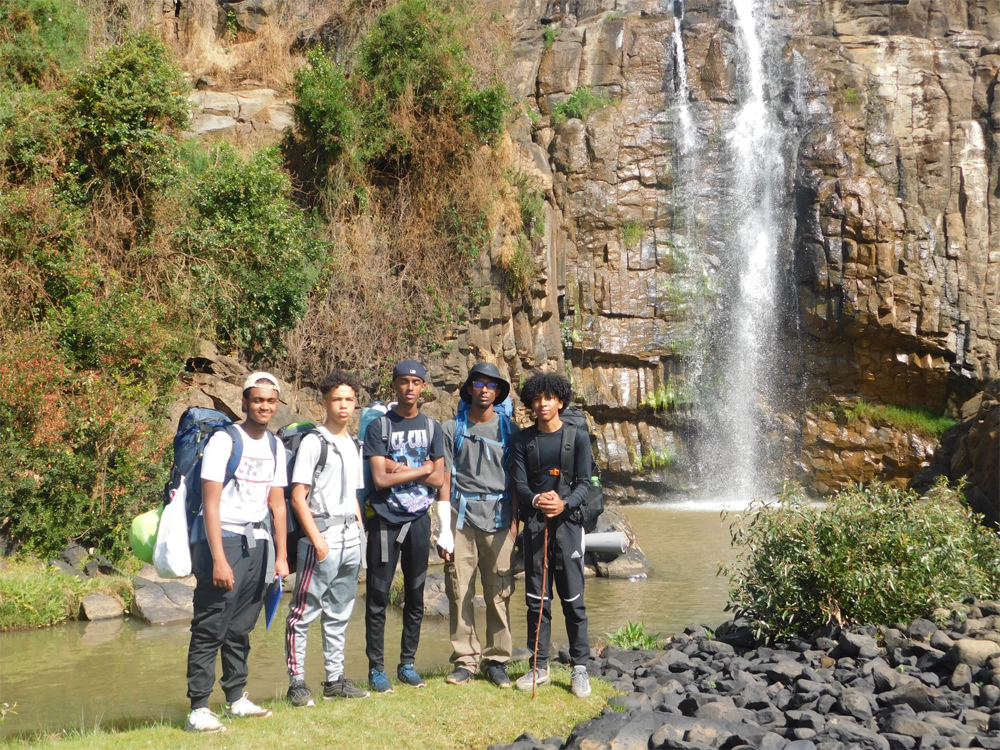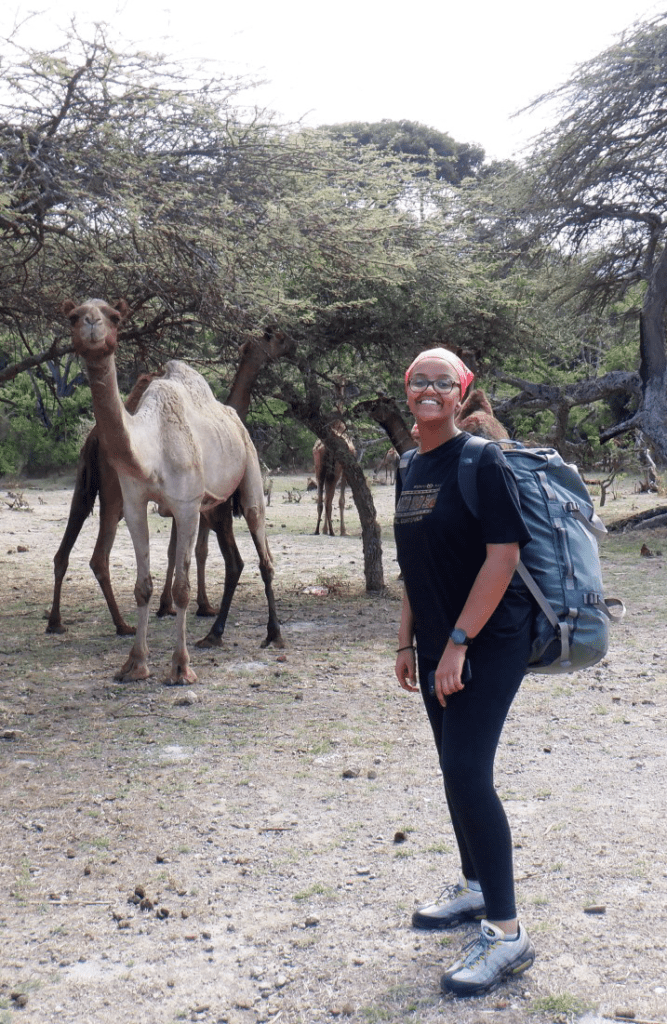

Duke of Edinburgh
Whole-School PE
Not all learning happens in the classroom. Young people need experiences outside the classroom to become committed, responsible and fulfilled citizens of the world.
The Duke of Edinburgh’s International Award operates in over 130 countries and is recognised by universities throughout the world for promoting student-led community service, personal improvement, adventure and physical recreation.
An expedition programme centered on The Duke of Edinburgh’s International Award challenges students to learn or improve a skill, give service to their school or local community and undertake a physical activity for a continuous period. All of the above components of The Duke of Edinburgh’s International Award must be undertaken regularly, with a minimum of one hour per week allocated to each over the following periods for each of the 3 levels;
Bronze 3 months
Silver 6 months
Gold 12 months




The Gold Award also includes a residential project which students must undertake for 4 nights and 5 days away from family and friends. A course of self improvement should focus on areas such as language development, giving service or learning or improving a skill such as scuba diving or yoga. Residential projects such as summer camps or IB study courses at foreign universities may be considered and all projects need to be supported with documentation and journal reflections.
Sandford International School runs expeditions in Ethiopia to the Entonto Hills, Menagesha Forest, Lake Langano and Ankober. All expeditions include the following expectations:
- Understanding of the journey or expedition
- First aid and emergency procedures
- Necessary equipment and how to use it
- Route planning
- Navigation
- Camp craft, including food and cooking
- Team building and leadership training
- Technical skills in the mode of travel
- Observation and recording skills
Duke of Edinburgh
The Duke of Edinburgh’s International Award should be a challenge for students. It is reasonable for all Year 10 students to be expected to complete the Bronze Award. All stakeholders must be aware that students are responsible for record-keeping, that specialized equipment is required, and that training must be undertaken. Every aspect of the Award involves a time commitment and both a psychological and physical challenge.
During Year 12, students must undertake a demanding academic program and regularly participate in CAS – Community, Activity, and Service. CAS experiences must be supported by a student portfolio and documented online through ManageBac. Thus, candidates for the Gold Award must be highly committed and be able to organize their time.
Students need to submit a plan in advance of how the Award will be achieved and are given the opportunity to join an adventurous journey in Ethiopia or an international trip. This important residential project is organized by students and needs to be approved by The Duke of Edinburgh’s International Award Coordinator.
Equipment
The Award expeditions are self-contained and students are required to have the following equipment;
40-45 litre rucksacks
Compact sleeping bag 2kg – 3kg
Quality water bottle, 500ml
Sleeping mat – Thermorest
Trekking boots / shoes



